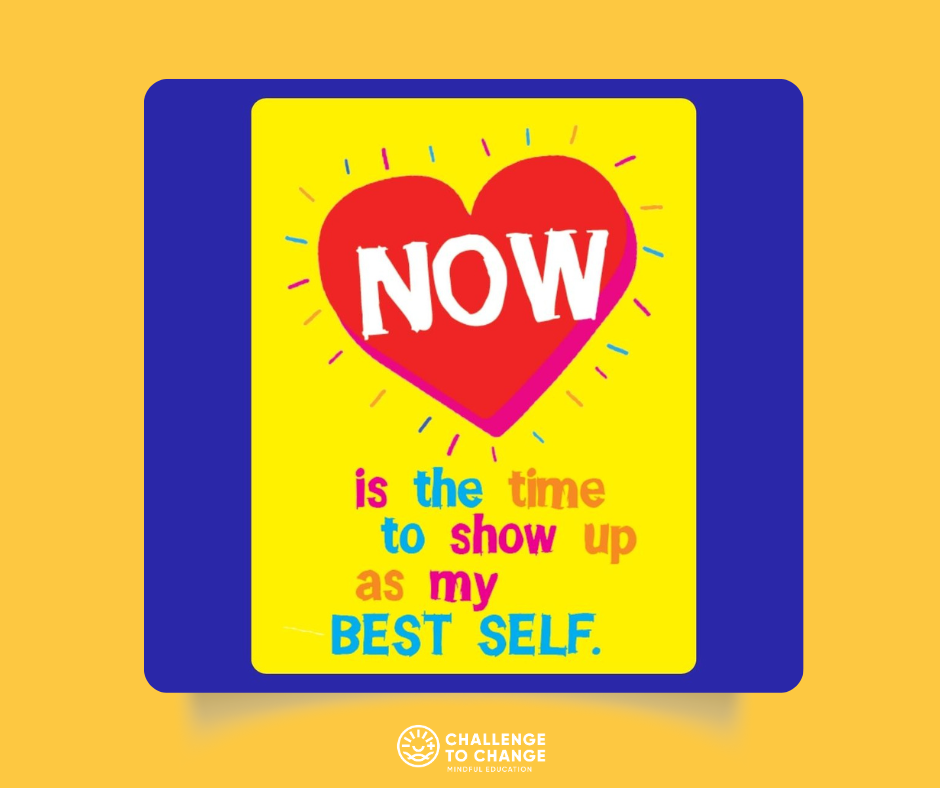Written by Allegra Johnson, Mindful Education in Schools Assistant Director + CYT 200 + CYT 95

“At its core, NVC encourages us to influence others not through coercion or manipulation but by revealing our feelings and needs honestly and making clear, respectful requests.” ~ Allegra Johnson
I'm excited to introduce the topic of Nonviolent Communication (NVC) and to announce a whole blog post series dedicated to exploring it more deeply. I'm by no means an expert on this topic, but my life has certainly been changed and improved upon by using these practices. Effective communication and collaborative decision-making are vital skills for fostering healthy relationships and thriving communities in our ever-evolving world.
In this first post, I will do an introduction to nonviolent communication and talk about some of the benefits of bringing this concept into your personal and professional relationships. I'm probably gonna say it a lot of times, but nonviolent communication is something that we do not only with others, but with ourselves.
So, whether you're a yoga teacher guiding students, a parent nurturing your children, or an educator inspiring young minds, understanding and practicing nonviolent communication can transform your interactions. Let's explore how these powerful concepts can enrich your life and the lives of those around you.

What is Nonviolent Communication: Empathy in Action
NVC, developed by Marshall Rosenberg, is often described as "empathy in action." At its core, NVC encourages us to influence others not through coercion or manipulation but by revealing our feelings and needs honestly and making clear, respectful requests. This approach fosters genuine connections, where contributions are made out of natural giving rather than fear, guilt, or obligation. And one of the tenets of that embodiment is not demanding that the people around you practice it.
Rosenberg was a psychologist, author, and teacher deeply interested in impactful communication. He was influenced by the yogic tradition and the principle of Ahimsa (nonviolence), which laid the foundation for his practical approach to difficult conversations.
Communication through NVC is about offering peace and curiosity to the person you are communicating with, understanding that peace requires courage and authenticity. Nonviolent communication is truly empathy in action.
So knowing that peace is not passive, there is a courage and an authenticity that comes with practicing nonviolent communication.

Nonviolent Communication: A Means of Influence
I believe it’s crucial to understand that nonviolent communication emphasizes that all forms of communication are a means of influence.
Rosenberg beautifully stated, "Every judgment is a tragic description of an unmet need." This perspective helps us approach conflicts and misunderstandings with empathy and a desire to uncover and address underlying needs.
I want to emphasize that NVC focuses on communicating without coercion, power, or manipulation. It is rooted in expressing our feelings and needs vulnerably. When we communicate, we aim to influence others to fulfill our needs. While this might seem selfish, it is not. The key is to ensure that others meet our requests not out of fear, guilt, shame, or duty, but out of genuine willingness.
And similarly, when you hear a need that someone else needs, instead of getting defensive, you are able to give that need to them. When we understand others' needs without becoming defensive, we can respond to those needs with empathy.
Ultimately, NVC is all about connection. It's about entering a space where you are willing to share your feelings and open to having someone else's perspective challenge them, without needing anyone to be right or wrong. It involves valuing both stories equally.

Benefits of Nonviolent Communication
With practice, nonviolent communication can bring numerous benefits to your life - both personally and professionally.
Here are some of the areas of your life that can be improved with NVC:
Improved Relationships: NVC helps in fostering deeper, more meaningful connections with family, friends, and loved ones by promoting empathy and understanding.
Emotional Awareness: It encourages greater self-awareness and emotional intelligence, helping individuals recognize and articulate their feelings and needs.
Conflict Resolution: NVC provides tools for resolving conflicts in a constructive and compassionate manner, reducing stress and emotional turmoil.
Leadership Development: Leaders who practice NVC can create a more inclusive and supportive atmosphere, encouraging open dialogue and innovation.
Improved Customer Relations: In customer service roles, NVC can lead to better understanding and meeting of customer needs, enhancing satisfaction and loyalty.
Increased Productivity: By reducing misunderstandings and fostering a cooperative work culture, NVC can contribute to higher efficiency and productivity.

Looking Ahead
In the next posts, I’ll be talking about the Foundations of nonviolent communication, as well as ways to practice and apply it personally and professionally. Let's explore how these powerful concepts can enrich your life and the lives of those around you.
In the meantime, I highly encourage you to visit the Center for Nonviolent Communication’s website which has so full of amazing resources.
At Challenge to Change, Inc., we're driven by a profound belief: leaving the world better than we found it. Our Corporate Kindness Program embodies the core values of Truthfulness, Kindness, and Connection. Join us in cultivating emotionally intelligent teams dedicated to promoting safe, healthy, and supportive work environments.
If you’re interested in bringing this concept into practice within your workplace, our Wellness in the Workplace department has a variety of offerings, such as:
Keynotes and Lunch and Learns
Retreat Day Packages
Workplace Self-Care
Workplace Trainings
Peace,
Allegra
P.S. This blog post was inspired by my recent Masterclass on the topic. You might also enjoy my upcoming Masterclass on Compassionate Communication. Check out our upcoming Masterclasses here.


Comments